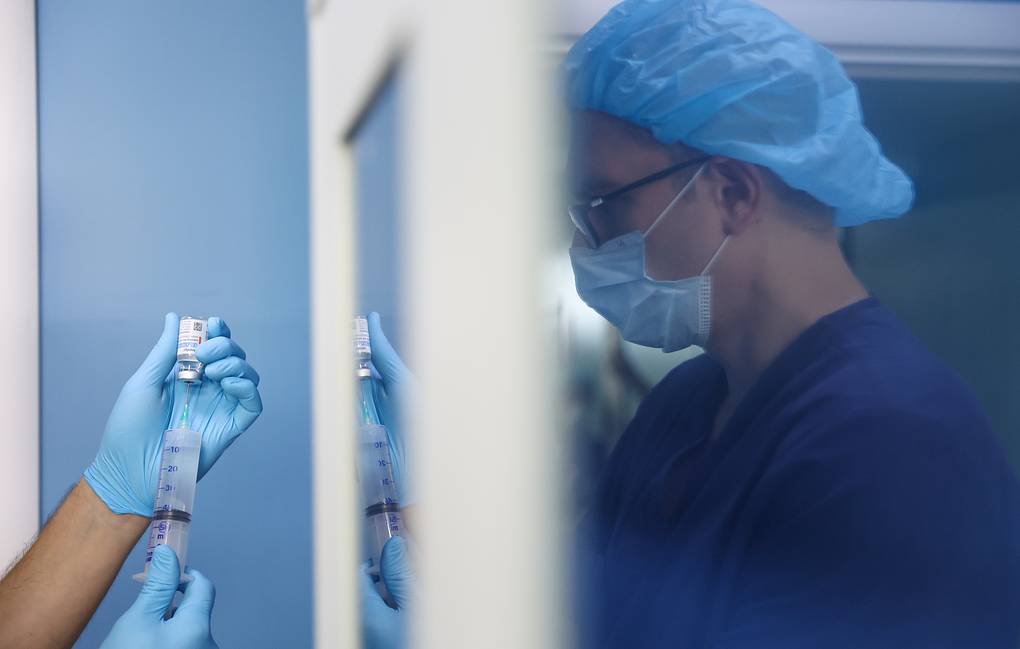Just 3 years after launching the COVID-19 Sputnik V vaccine, Russia attracted the attention of global healthcare when it announced that it was about to start testing the first personalized mRNA cancer treatment vaccine, using artificial intelligence (AI) and designed specifically for each patient based on the genetic data of the tumor itself.
This information was confirmed by Mr. Alexander Gintsburg, Director of the Gamaleya Institute for Epidemiology and Biology Research ( Moscow), on August 2 in an interview with RIA Novosti news agency.
According to Gintsburg, the first patients, including those with melanoma, will start receiving trial vaccinations in the next few months.
Unlike traditional medicine, this new vaccine is not used generally for everyone, but is created specifically for each patient from their own biological data. This is a completely personalized vaccine that cannot be shared with anyone else, Mr. Gintsburg emphasized.
According to the roadmap approved by the Russian Ministry of Health, the clinical trial will be coordinated with two leading cancer centers in Moscow, the Hertsen Institute and the Blokhin Center. In particular, Gamaleya Institute is responsible for vaccine production while testing will be conducted at treatment facilities.

Based on mRNA technology similar to the COVID-19 vaccine, the new drug will train the immune system to identify specific proteins of cancer cells (neoantigen), thereby destroying malicious cells through the activity of lymphocytes (cytotoxic lymphocytes).
The process from tumor sample analysis to completing a dosage of personalized vaccine only takes about 7 days thanks to the support of artificial intelligence. The entire production process is highly automated, Gintsburg said.
Due to its unique nature, the cancer vaccine is subject to a special licensing process, according to a new legal framework approved by the Russian government earlier this year.
In the immediate future, the vaccine will be tested on patients with hectomate cancer - a dangerous form of skin cancer. However, Gamaleya Institute is also studying the expansion of this technology to other difficult-to-treat cancers such as pancreatic, kidney and non-small cell lung cancer - the most common type of cancer and the most common type of cancer with the highest mortality rate today.
According to data from the Russian Ministry of Health, the country currently has about 4 million cancer patients, with 625,000 new cases per year. If successful, the cancer vaccine will become Russia's biggest medical breakthrough since the pandemic, and at the same time open up a treatment direction of "dersets personalization" - a trend being pursued by the whole world.
Not only a step forward for Russian medicine, the cancer vaccine project also attracts international attention. Gintsburg said that a number of foreign medical facilities have contacted to seek cooperation opportunities.











